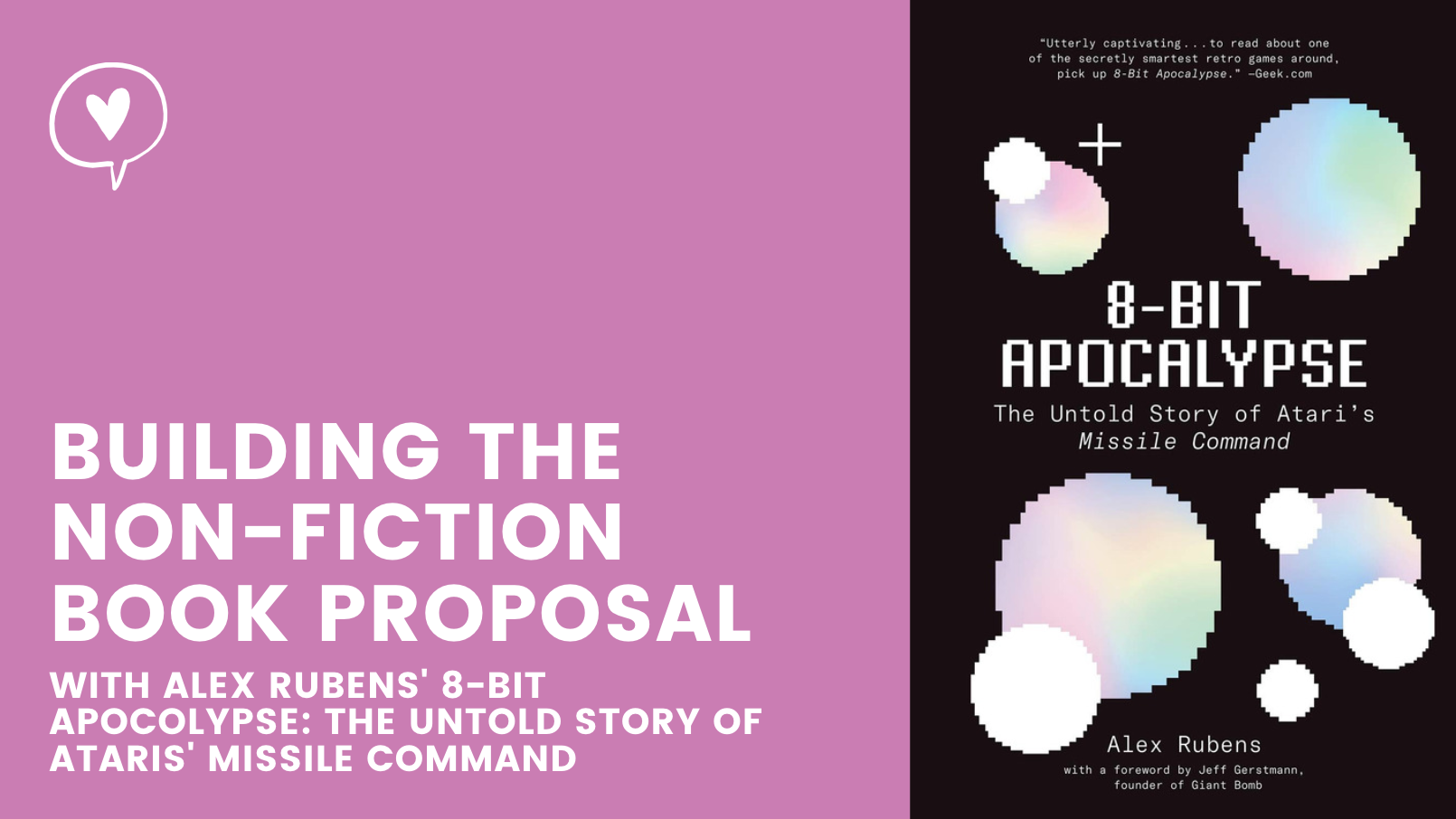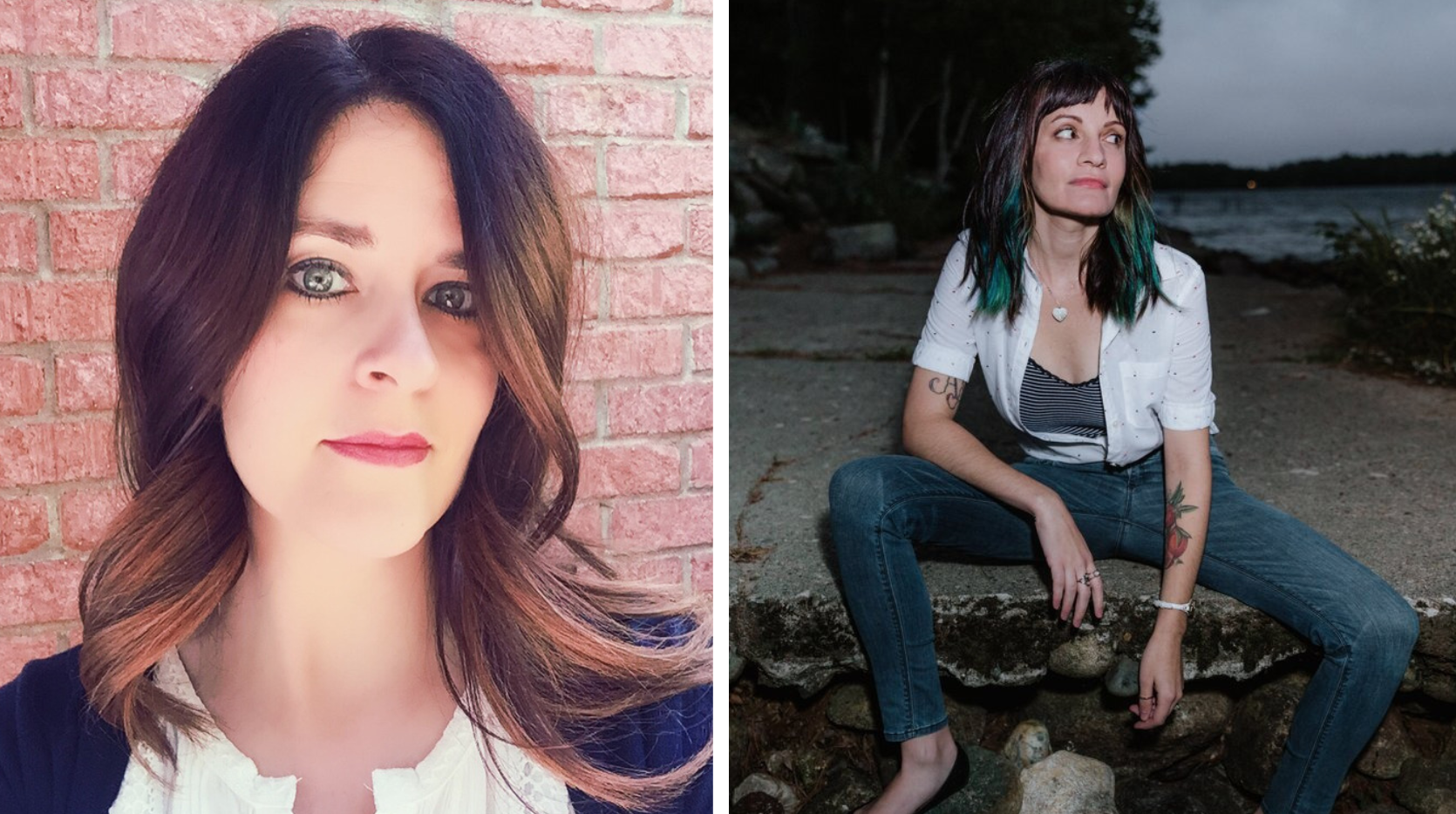Whenever I leave my DMs on Twitter open, I get asked one question more than others.
Publishing isn’t exactly the most accessible industry, and it’s important to me that I try to be available to answer quick questions that would be difficult to navigate. But the one question I’ve been asked a lot this year, hasn’t been about query letters or writing craft or anything like that.
But about how to find literary agents.
I feel like the typical “well, Google is your friend” kind of response to this, ends up being a problem in the age of countless articles and blog posts about agents and publishing in general. A Google search for “literary agents” me gave me some agent roundups from 2017 and 2018, with several people who aren’t even agents anymore, and only two agencies ALL the way at the bottom of the page.
They were good agencies (hi BookEnds and Writers House!), but still. Two agencies, AFTER a mess of outdated articles? That’s bad.
So, here’s this. A beginner’s guide to looking up agents. Because it shouldn’t be that hard, and if you know the right resources, it isn’t. Especially when those resources are (almost entirely) free.
Let’s dig in.
-#-
PUBLISHER’S MARKETPLACE
So, a monthly membership to Publisher’s Marketplace costs money, yes. But the newsletter? The basic newsletter is free. That newsletter will give you a daily list of agents selling books and who they are selling books to. Only sign up for this if you can stomach it though? Seeing folks every single day getting book deals can be… tough. Even as someone who works in the industry!
But as a free resource, it’s so valuable. You’ll see the name of the agent, the category of the book, the agency they work for… looking for an agent who is selling Young Adult books? Sci-fi or fantasy? Picture books? It’ll dish those deals by category via the newsletter.
Also, at the end of the year, every year, Publisher’s Marketplace goes free for a few weeks, so writers can access it and do research. They usually offer up a free year end trial. Though, that is a lot of waiting. Keep an eye out for when they do it, via social media.
As for the database, which costs $25 a month. In a recent event with Jonathan Maberry, he mentioned how he often suggested writing groups pool in a few dollars a piece (or however much, depending on the size of your group), to share an account and do agent research for a good month or so. Just scour over the entire thing. It’s still money, and honestly, researching agents should never cost you a thing… but it’s an option if you have the extra funds.
-#-
WRITER’S DIGEST
When it comes to categories and verticals to keep an eye on, their New Agency Alert one is really great, dishing out new agents when they are scooped up at agencies. Robert Lee Brewer also regularly updates roundups of agents who are actively seeking authors (aren’t we all!), and you can see his latest (updated in February 2020) right here.
A note here though, make sure you are looking at the date of publication on those articles that round up agents. I’ve definitely stumbled on a few while Googling to discover the dates were from two or three years ago, and those agents aren’t even agents anymore.
But wait! There’s a physical magazine! It’s true, there is, and I’m a fan. A subscription is $20 a year, but remember, you can also generally check out the magazine at your local library, and if you’re a student, definitely at your college. You’ll see sales and agents in there too, as well as industry profiles, but you can still see a lot of those online.
-#-
PUBLISHER’S WEEKLY
Personally, I subscribe to the Publisher’s Weekly Children’s Bookshelf newsletter, which generally goes out twice a week. It details new books that have been acquired in the world of kid-lit, and dishes the editors, publishing houses, and agents who made this happen. It’s a free resource. Also their PW Daily dishes out deals!
It’s great, free, and hits your inbox throughout the week. You can check out their newsletters and subscribe away, right here.
And just like Writer’s Digest, you can generally check out Publisher’s Weekly at your local library or college.
-#-
MANUSCRIPT WISHLIST
So, I love Manuscript Wishlist. Both the website and the hashtag. Let’s discuss both.
First, the hashtag. If you hop on Twitter and check out #MSWL, you can see both editors and agents talking about the kind of books they want to see in their inbox. Often times, they get wildly specific, talking about the exact thing they are obsessively searching for. For me, as an agent, it helps me get to know editors before even reaching out. For authors, it lets you get a sense of what kind of books an agent is all about.
There is an annual MSWL Day, generally in September, where agents all tweet out their general wishlists. Categories, genres, you name it.
It’s not a place to pitch. I’ve seen this mistake before, and I get why it happens. Twitter pitch events are a thing! But that isn’t what this is. It’s to get a picture of what agents want. Use it. i
Second, the website.
Over on the actual Manuscript Wishlist website, you can scour agents (and editors!) by categories and genres, and check out detailed profiles regarding what they want. It’s really great, and as an agent, I’ve used it to look up editors.
Remember though, this is a slice of who is in the industry. It’s a great glimpse, but there are a lot of people not on here. Use it, but don’t only use it. You’ll be missing out on a lot of people.
Bonus? Check out the Manuscript Academy podcast. Hosted by the two agents who founded Manuscript Wishlist, it’s another awesome resource, featuring interviews with industry people and authors.
-#-
QUERY TRACKER
So Querytracker is a website to behold. A community that’s also a fantastic research resource, it allows you to look up agents, see what other people are saying about them (do they take a long time to respond, what’s their response rate like, are they nice?), and, as the website title states, track your own query letters.
-#-
YOUR FAVORITE RECENT NOVELS
So all of these web tools and outlets are fantastic. But one of the best and easiest ways to research agents? Your bookshelf.
Now, clearly you’re reading tons of books in the space you plan to be writing in, or have been writing in. Right? If you’re reading YA, you’ve got a bunch of YA on your shelf. Literary fiction? You’re reading a bunch of it. So head over to your bookshelf, pluck out a few books that have been released in the last year or two or three, and see who those agents were that handled the title.
Chances are, that author thanked their agent in the back of the book.
You can also look up the authors you’ve been reading and see who their agents are rather easily… because almost all authors mention their agents on their websites. Agents are the point of contact for fun things like subrights, so authors always leave that info up there.
I promise you, you have a ton of resources for research right on your shelf at home.
-#-
SOCIAL MEDIA
Remember how I mentioned that hashtag for Manuscript Wishlist? Great. Because social media is another fantastic place to research agents. Now, this does not mean you should pitch that agent on Twitter (unless specifically asked to via a social media pitch event, like Beth Phelan’s extraordinary #DVpit). But using Twitter, you can look up those authors you’re a fan of, and see who their agents are.
And sure, you can do this flipping to the back of your books, like I said just above… but what if all your books are eBooks? What if you’re on the bus or the train, or laying in bed having an existential crisis, and want to do a little research? This is a quick and easy way.
But again. Don’t pitch them on Twitter unless you’ve been specifically asked to. No one likes it.
-#-
And there we have it. That’s it.
However! It’s important to note that while these are great resources for finding agents, they aren’t going to tell you if that agent is a great fit for you, if they’re the real deal, etc. So, make sure you do your own deeper research there. There are lots of websites that will help you steer clear of bad agents / actors in the industry.
Writers Beware and Absolute Write are great resources, and of course, just a quick search of an agent’s name on Twitter or Google will certainly turn up any red flags. Don’t just send out a query to someone without having a good look at their website.
Are they a new agent? Great! Don’t discount a new agent just because they don’t have sales yet (I was a new agent five years ago!). Just make sure their agency is able to support them. Does the agency have sales? Bigger agents? A quick look at the agency website will let you know.
Nervous about querying and getting a synopsis together? Don’t worry. I’ve got you. There are query letters and non-fiction proposals here, and ready for you to check out.
Good luck!


























